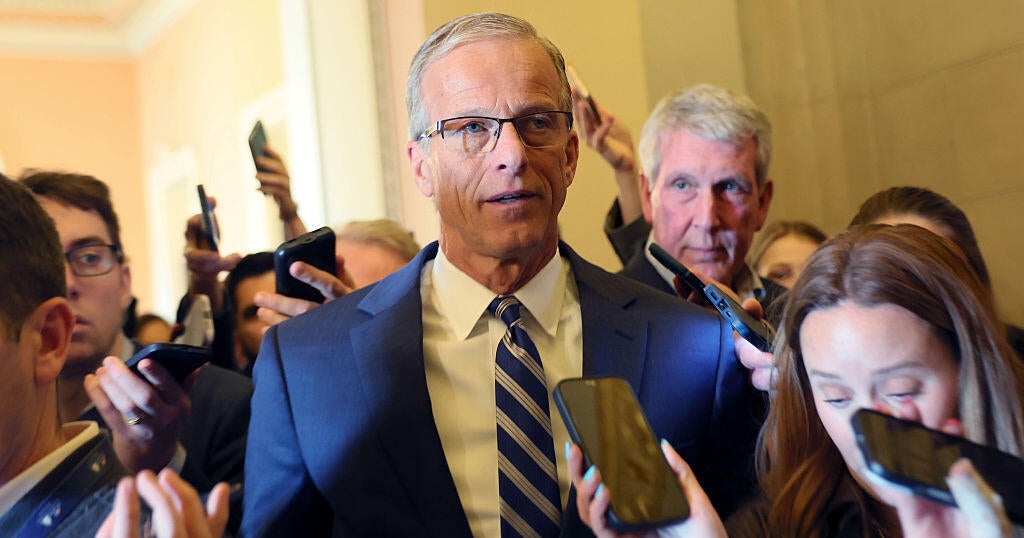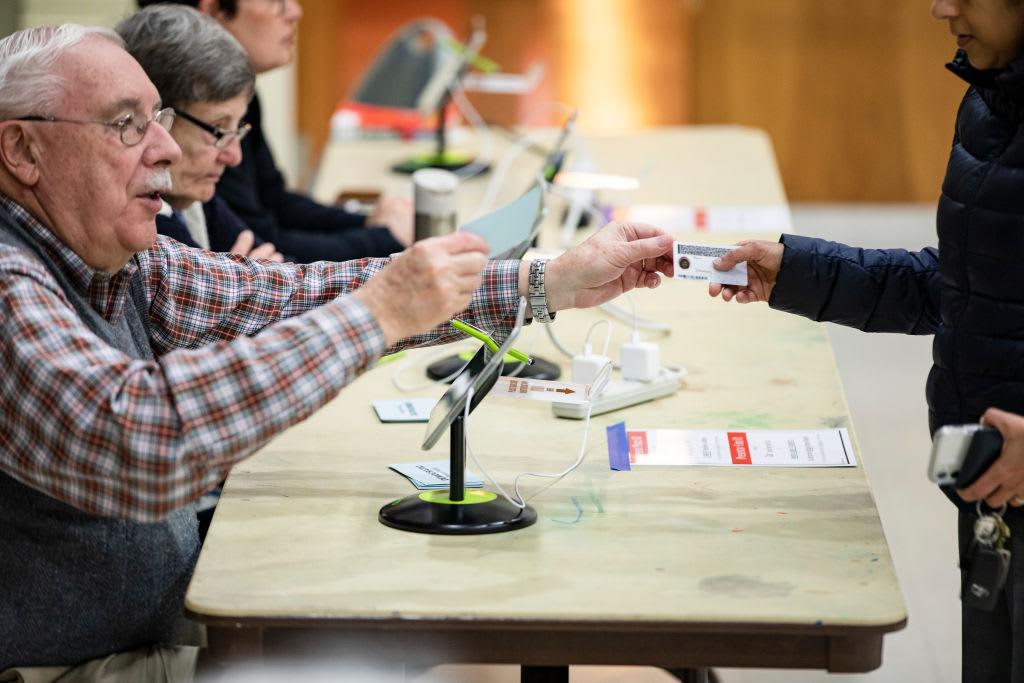Voters approve police reform measures across the country
Amid a year with tense demonstrations against police violence and inequities in the criminal justice system, millions of Americans cast votes this year on local ballot measures designed to increase oversight or otherwise reform policing in their cities.
Police ballot initiatives in more than a dozen cities received overwhelming support from voters.
Oversight
In Philadelphia, where the October 26 killing of Walter Wallace Jr. sparked ongoing protests, more than three-quarters of voters, 78%, elected to replace the city's Police Advisory Commission — long derided by critics as ineffective – with a Citizens Police Oversight Commission. The ballot measure called for Philadelphia's City Council to design the commission with a broader budget and power than its predecessor.
Similar measures either creating brand new oversight boards, or expanding the power of current ones, were adopted by wide margins in Columbus, Ohio, Pittsburgh, San Diego, San Francisco, and Portland — which itself has seen months of continuous protests against police following the killing of George Floyd by Minneapolis officers.
But the long-term effectiveness of ballot initiatives calling for police oversight are often reliant on how much power and resources local legislatures ultimately grant the commissions, according to Michigan State University criminal justice professor Jennifer Cobbina.
"It really becomes more symbolic if the board doesn't have any real teeth. If they don't really have any authority to actually ensure that the advice, or the recommendations, that they're making will be implemented, it doesn't really go anywhere," said Cobbina, author of "Hands Up, Don't Shoot," which examines the police crackdowns on protests in Ferguson, Missouri, and Baltimore following the deaths of Michael Brown and Freddie Gray.
In Akron, Ohio, voters chose to expand oversight of police by requiring police release to the public recordings from police body and dashboard cameras from use of force cases that result in death or serious injury.
Cobbina said the jury is out on how effective body cameras are at preventing police violence.
"There's been some randomized controlled trials with officers using body cameras and they found that officers with cameras use force and face civilian complaints at approximately the same rate as officers without cameras. I think we just need to be aware that body cameras should not be viewed as panacea to deeply rooted issues with police legitimacy," Cobbina said.
Funding
A pair of initiatives in Los Angeles and San Francisco could ultimately direct funds away from police departments, but they aren't necessarily compatible with the "defund the police" movement that gained steam after Floyd's death, Cobbina said.
While advocates for those reforms have been calling for "reallocating resources away from the police department into marginalized communities," according to Cobbina, the San Francisco and Los Angeles measures are more limited.
San Francisco residents voted to remove a mandatory staffing level from the city's charter, and Los Angeles residents voted for a measure that requires the county to spend at least 10% of its annual budget on alternatives to incarceration.



